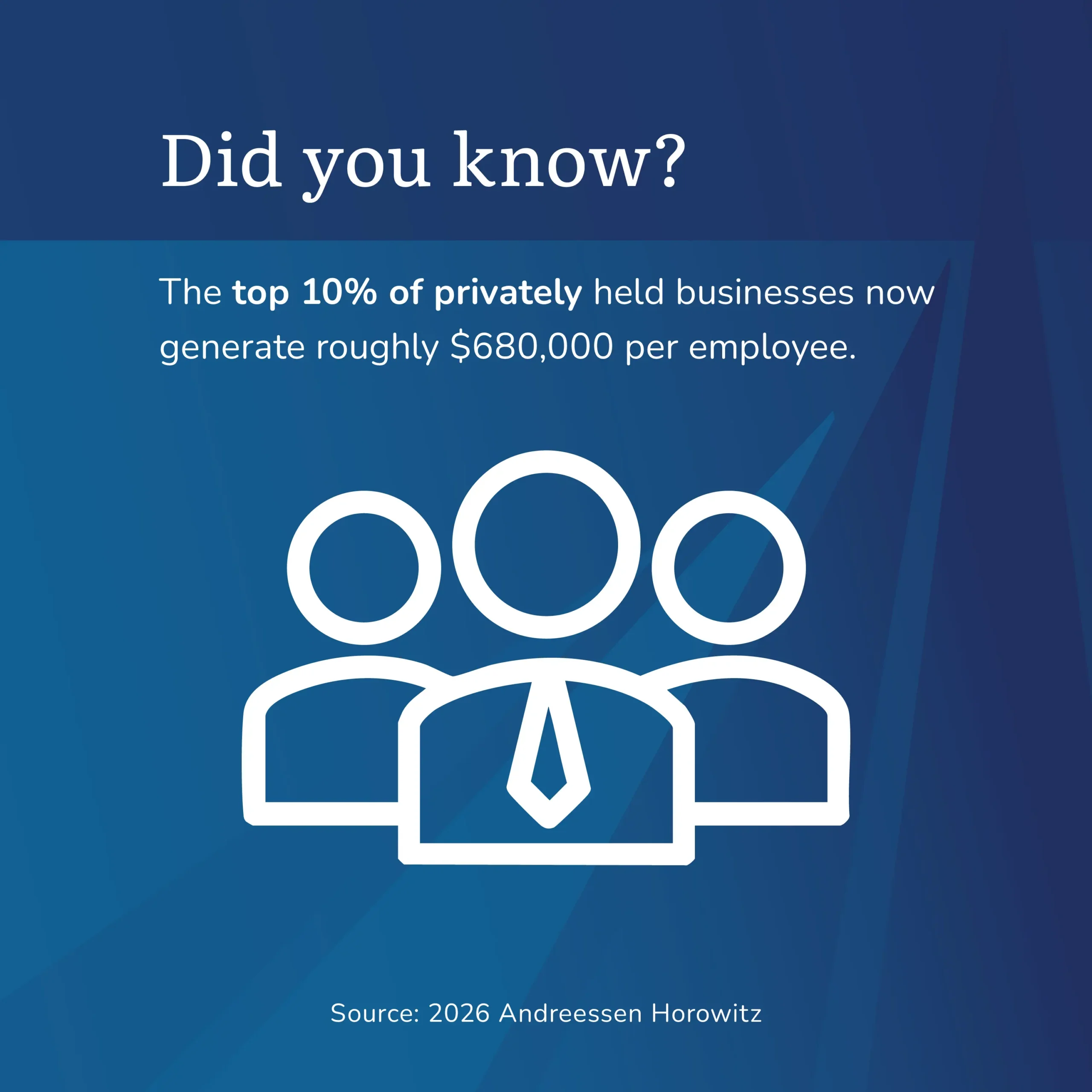Stay Cautious about Stimulus Scams
One provision of the CARES act is a stimulus check for millions of taxpayers. These payments began to roll out the weekend of April 11 and will continue to be deposited to taxpayer bank accounts, with paper checks possibly following in May. The stimulus checks have created a ripe environment for fraudsters, likely heightened by confusion about exactly how the benefit would be paid. Keep on heightened alert for any communication you receive related to your stimulus check – whether it’s by phone, email and attachments, or social media. And, as always, be careful of clicking on attachments from unknown sources.
The first and easiest thing to know is that the IRS is not going to call you, email you, or show up in person requesting any of your financial information related to the stimulus check. In general, your money will be deposited in your bank account or a check will be mailed to the address provided in your 2018 (or, if you already filed, 2019) tax return, or if you receive Social Security, the account where your benefit is deposited.
The IRS has published warnings about potential scams, outlining potential communication by scammers. Their communications might include
- Emphasis on the words “Stimulus Check” or “Stimulus Payment.” The official term used by the IRS is “economic impact payment.”
- Asking the taxpayer to sign over their economic impact payment check to them.
- Asking by phone, email, text, or social media for verification of personal and/or banking information, saying that the information is needed to receive or speed up the economic impact payment.
- Suggesting that a tax refund or economic impact payment could arrive faster if the scammer works on the taxpayer’s behalf. This scam could be conducted by social media or even in person.
- Mailing the taxpayer a bogus check, perhaps in an odd amount, then telling the taxpayer to call a number or verify information online in order to cash it.
The IRS has established a portal on their website, IRS.gov, where you can check the status of your stimulus payment if you have not already received it and you can get further details. Not unexpectedly, the website has been reported to be overburdened at times, so be prepared to exercise some patience.
As always, keep a keen eye open for fraud, don’t let a rush to receive the funds cloud your judgment, and use caution when a fraudster might be on the other end of the phone.
Categories
Recent Insights
-

Name, Image, and Likeness: The Financial Playbook Every Athlete Needs
In 2021, college sports entered a new era. The introduction of Name, Image, and Likeness (NIL) rights gave student-athletes the ability to earn money through endorsements, sponsorships, and social media partnerships. For many young athletes, this was the first time their talent could translate directly into financial opportunity. But with opportunity comes responsibility—and complexity. NIL…
-

Talk Your Chart | The Productivity Shift Reshaping Earnings, Jobs, and Market Performance | Ep. 76
Episode 76 of Talk Your Chart looks at the productivity shift reshaping earnings, jobs, and market performance. Marcos and Brett dig into new data showing how companies are generating more revenue with fewer employees, why margins remain resilient, and what that means for markets moving forward. They also unpack shifts in the labor market, the…
-

Turning Your IRA into a Legacy: How a Donor Advised Fund Can Amplify Your Impact
What if your retirement savings could do more than secure your future—what if they could create a lasting impact on the causes and communities you care about? For many families, naming a donor advised fund (DAF) as the beneficiary of an IRA is a purposeful strategy that makes this possible. Retaining Influence Over Your Charitable…
-

Just Because You’re Over 50 Doesn’t Mean You Have To Invest In Bonds
There’s no universal rule that investors in their 50s should start investing in bonds—asset allocation should be driven by an individualized financial plan.
-

Protect Profits and People: The Top 3 Risk Management Strategies for Your Business
Running a business is about more than day-to-day operations — it’s about protecting the hard work you’ve invested and the people who make it possible. Business owners face the dual challenge of maintaining profitability while creating a workplace where employees feel valued and secure. Smart companies understand that risk management and employee retention are interconnected.…
